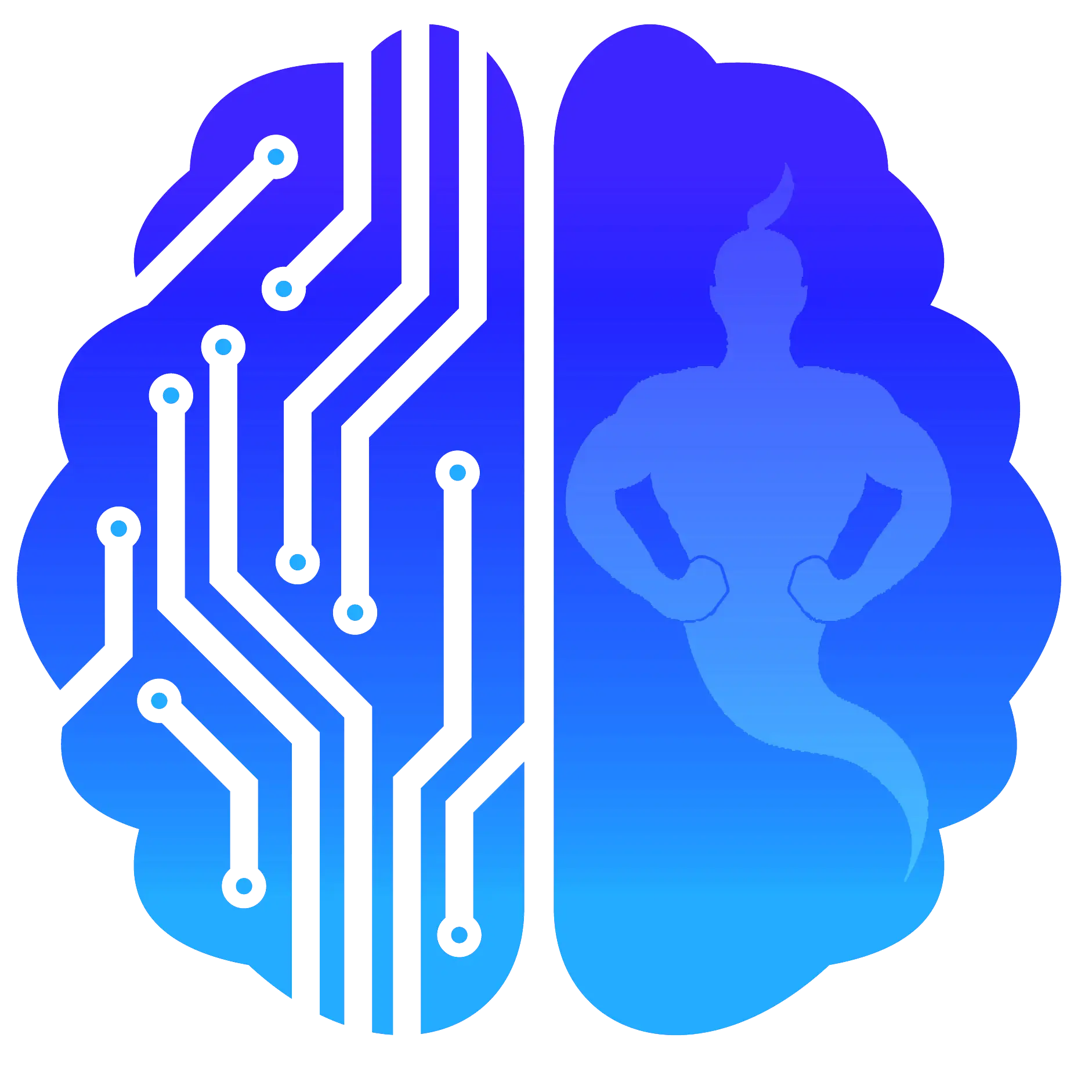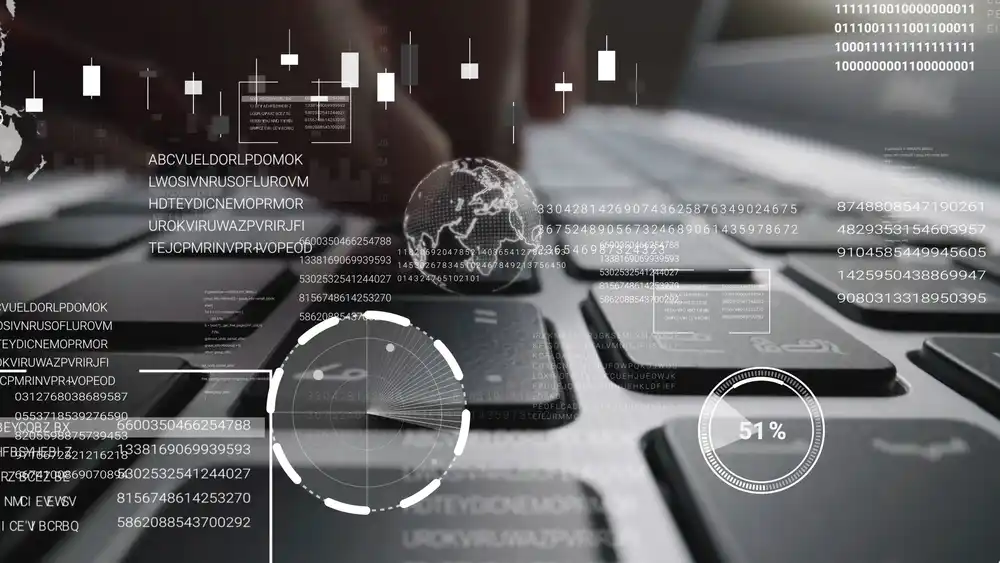Artificial intelligence, also known as AI, is a technology that arouses both wonder and concern. But what exactly is AI? How has it evolved and where is it heading?
Understanding artificial intelligence
Definition of AI
Artificial intelligence is a branch of computer science that aims to create systems capable of performing tasks normally reserved for human intelligence. These include visual perception, speech recognition, decision making and translation between languages.
History of artificial intelligence
AI is not a new concept; its history goes back to antiquity, with the first ideas of automata. However, AI as an academic field emerged in the 1950s. Since then, it has evolved from simple programs to sophisticated algorithms capable of learning and improving.
Types of artificial intelligence
Weak and strong artificial intelligence
AI is divided into two types: weak and strong.
- Weak AI is specialized in a specific task, such as recommending songs on Spotify.
- Strong AI has a more general understanding and can perform any intellectual task that a human can.
Machine and deep learning
Machine learning is a sub-branch of AI that enables machines to learn from data.
Deep learning, on the other hand, is a type of machine learning that mimics the way the human brain processes data.
Artificial intelligence applications
AI in everyday life
AI is already all around us, without us even realizing it.
It powers digital assistants like Siri and Alexa, recommends what we should watch next on Netflix, and optimizes routes on Google Maps.
AI in business
Companies are using AI to analyze market trends, forecast sales, improve customer service and automate repetitive tasks.
It is transforming entire industries, from finance and manufacturing to accounting, business strategies and more.
AI in medicine
AI is revolutionizing medicine, helping to detect diseases early, optimize treatments and personalize patient care.
The future of artificial intelligence
The future of AI is as exciting as it is uncertain.
As technology improves, we can expect AI to become more ubiquitous and even more intelligent.
However, it is essential that appropriate regulations and protections are in place to ensure a future where AI is used responsibly and ethically.

